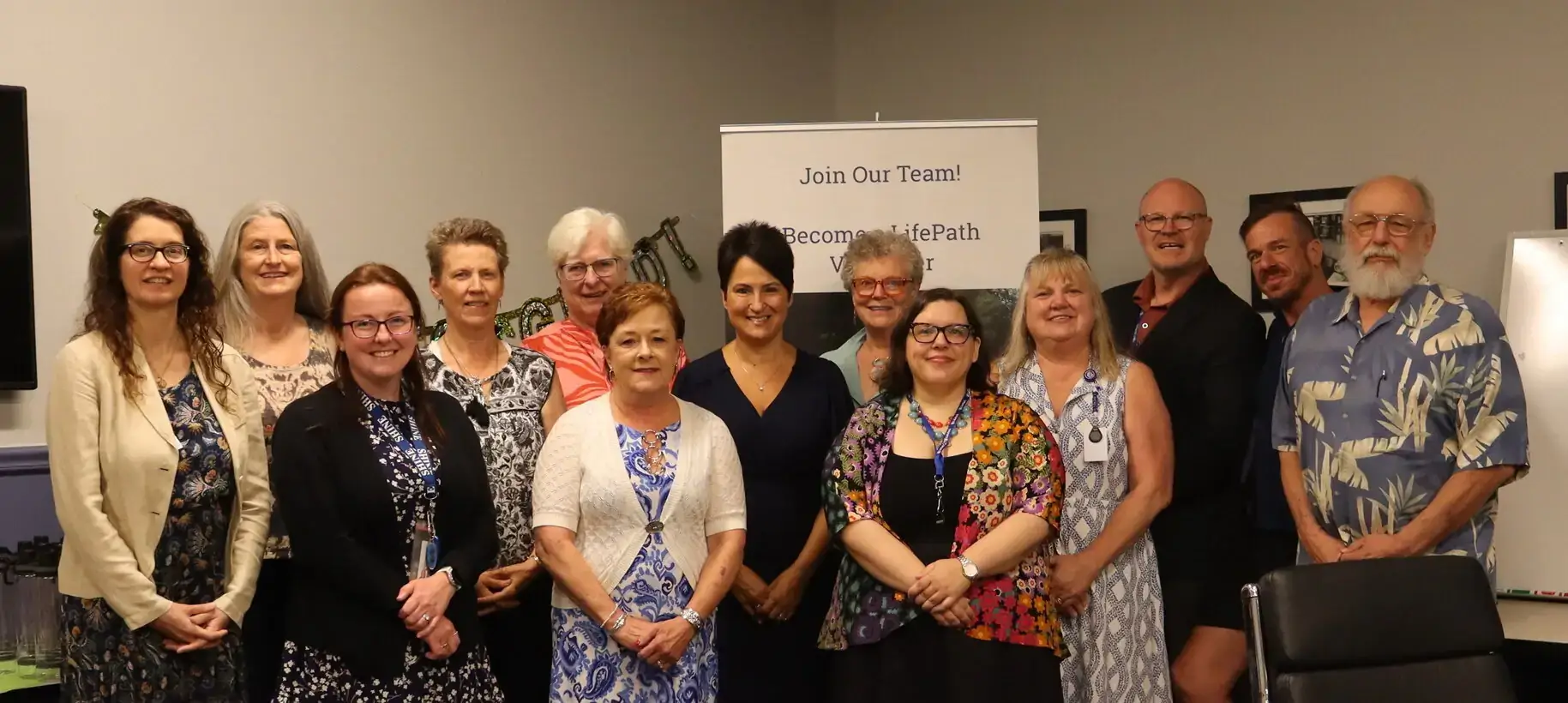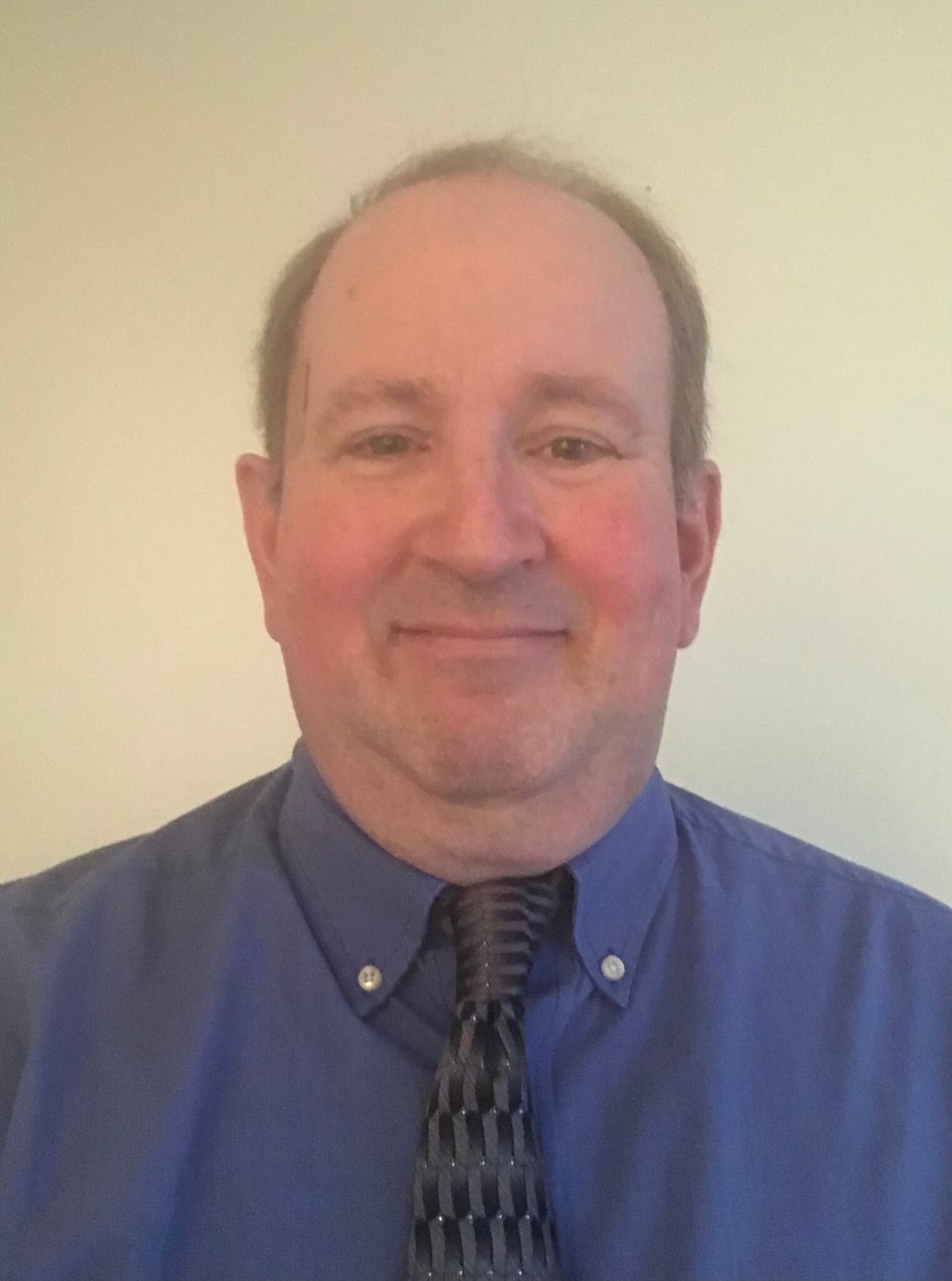Technology and the internet have become more and more a part of our daily lives. If you feel uneasy about using the internet for managing your important personal accounts, you’re not alone. But with a little knowledge, these tools can make our lives easier, safer, and more convenient. Here’s how to get help using online tools like those available at www.SSA.gov, Medicare.gov, and health care portals.
Is It Safe to Use Online Portals?
It’s smart to be cautious about sharing information online in order to safeguard privacy and protect ourselves from scams and fraud. The good news is that websites like SSA.gov, Medicare.gov, and patient portals use strong security features to protect our information. Here are some tips to keep your personal information safe:
- Look for “https” at the beginning of the web address—that means it’s secure.
- Create a unique, strong password for each portal and keep them written down in a safe place.
- Never share your password (except with someone you trust who is helping you directly).
- Don’t click on links you receive via email or text when you’re not sure of the sender or weren’t expecting the email or text.
One security feature you may find with secure websites is two-factor authentication. This means adding an extra step, like a code sent to your phone, on top of your password, so even if someone knows your password, they still can’t log in without that second piece of proof. Always take advantage of two-factor authentication if it is offered because it greatly increases your account’s security; it is well worth the extra time to log in.
The My Social Security Portal
The Social Security Administration (SSA) offers a free and secure online tool called My Social Security at www.ssa.gov/myaccount. With a My Social Security account, you can:
- Check the status of your application.
- See your benefits and payment history.
- Change your address or phone number.
- Start or change your direct deposit.
- Get a replacement Social Security card (in many states).
- Download your benefit letter or earnings record.
- Apply for certain benefits.
The SSA has taken strong steps to protect your account from fraud. They also added extra security for when you make big changes like switching your bank information.
For help using the Social Security portal, anyone can make a free appointment at Greenfield Senior Center with volunteer Avery Cassell. Avery will sit with you one-on-one and walk you through creating or logging into your my Social Security account. (This service is for help with the online portal only—not general Social Security questions or claims help.) To make an appointment, call 413-772-1517, ext. 0.
The Medicare.gov Portal
If you have Medicare, you can also sign up for a free account at www.Medicare.gov. With a Medicare.gov account, you can:
- Compare your current plan to others available in your area.
- Get information about your coverage.
- Track prescriptions, build a drug list from past prescriptions, and update the list.
- See how much you’ll pay, including help from Extra Help or Medicaid.
To create your account, you’ll need:
- Your Medicare number (from your red, white, and blue card).
- Your name, date of birth, and address.
- Your Part A or Part B start date (on your Medicare card).
Once your account is set up, you’ll be able to compare plans during open enrollment and make sure you’re getting the best value for your needs. If you need help reviewing your Medicare Plan, call the SHINE program at LifePath at 413-773-5555.
Patient Portals
Most doctor’s offices and hospitals now offer a patient portal. This is a private, secure website where you can see your own health information. In your patient portal, you can usually:
- Ask questions of your medical providers.
- Request a medication refill.
- View or schedule appointments.
- See lab results or scans.
- Review your medical history or visit notes.
Instead of waiting for a return phone call or the mail, you can log in and get your health information anytime. Some providers will respond to questions more quickly this way. This may also save you from having to keep your own detailed records on paper. If you haven’t used a health portal before, ask your provider’s office to help you sign up.
Meet Our Digital Navigator
Still feeling unsure about portals? You’re not alone, and you don’t have to figure it out alone. Our area now has a Digital Navigator: Rich Vaden. Rich offers free help to people who want to learn how to use devices and online portals. This service is part of a partnership between the United Way, the Alliance for Digital Equity, and the Mass Broadband Institute. Rich can help with:
- Setting up and using a smartphone, tablet, or computer.
- Learning how to email or fill out forms online.
- Logging in to secure websites safely.
- Using portals to check benefits or medical records.
- Finding affordable internet or devices.
Rich holds drop-in hours, leads workshops, and can even meet with you one-on-one. For more information, call (413) 584-3962, ext. 111, or email rich@uw-fh.org.
More Options for Help
Some Village or Neighbors groups offer technical help to their members. Residents of Shutesbury, Leverett, New Salem, and Wendell can call Village Neighbors at 413-345-6894 ext. 2; Northfield residents can call Neighbors at Home at 413-200-8183; Whately, Deerfield, and Sunderland residents can call Valley Neighbors at 413 453-9057; Montague (five villages) residents can call Montague Villages at 413-672-3095; and Petersham residents can call 978-724-0078.
If your computer, tablet, or smartphone needs service or maintenance or if you need in-home tech help or personalized tutoring, Calm Computing specializes in serving local residents for an hourly rate. Call (413) 548-5358.
Empowering Ourselves with Access
Using the portals for Social Security, Medicare, or health care doesn’t mean giving up your privacy and doesn’t require advanced computer knowledge. In fact, these tools are designed to protect your information while giving you more control over your benefits and health care. And best of all, there’s friendly, local help if you need it. By gaining new skills to use portals safely, we can become better advocates for our own health and finances and support loved ones to do the same.






